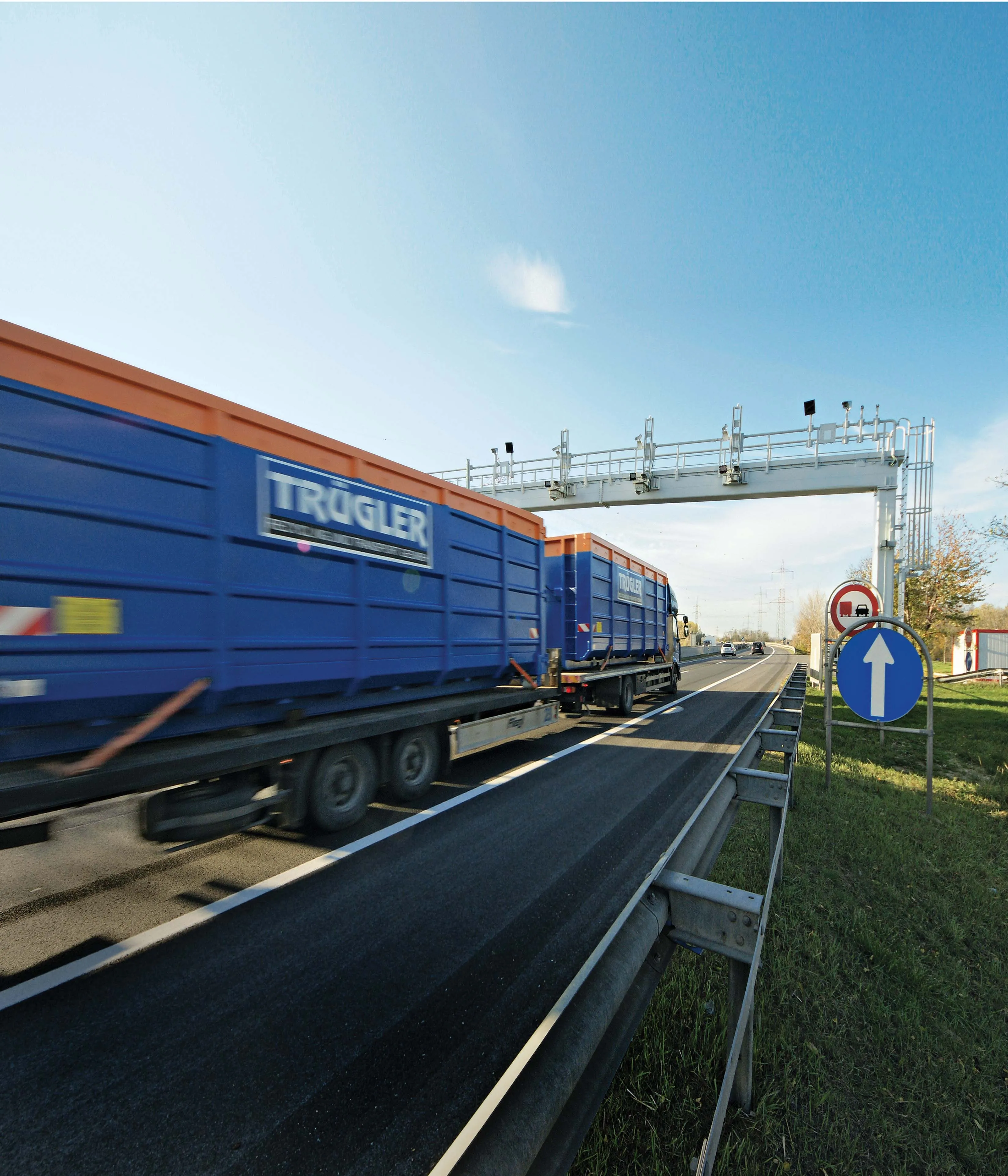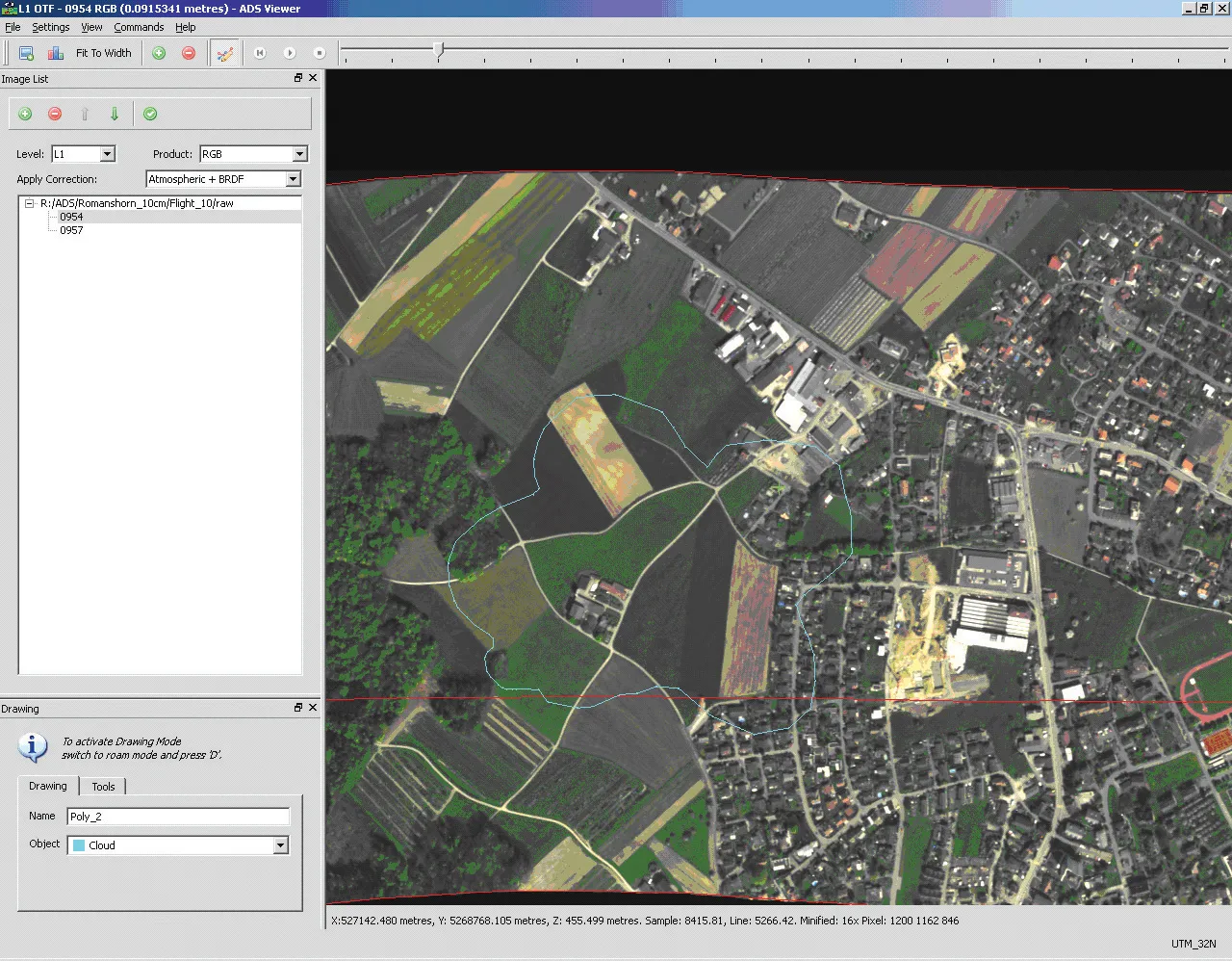Inrix has introduced what it claims is the industry's first cloud-based data analytics services designed to improve how transportation agencies monitor, manage and measure the performance of their road networks. "Now more than ever, government agencies worldwide are being required to stretch and justify every dollar invested in transportation - being asked to do more with less," said Rick Schuman, Inrix VP of public sector.
May 4, 2012
Read time: 2 mins
Inrix says its new service helps agencies drive cost out of daily operations, pinpoint areas that most benefit from road and transit improvements and better measure the impact of their investments. For instance, a customisable daily dashboard shows an immediate view of traffic conditions on key bottlenecks and other pain points highlighting duration of delay for each slowdown in comparison to free flow and expected travel times. Inrix Analytics seamlessly integrates agency sensor, incident and work zone data with information from the company’s crowd-sourced smart driver network, covering more than two million roadway miles and interchanges, enabling agencies to gain insight into conditions in areas previously blind to operations. improving public safety and reducing incident delay costs.
Thus, through a more thorough and complete view of the road network by segment, by day, by hour, agencies can identify the severity of traffic at various chokepoints with much greater precision. By pinpointing areas that offer maximum benefit from improvements, agencies can invest limited transportation dollars with greater confidence.
Inrix says it will begin offering the service starting in North America in January 2012 and to agencies in markets worldwide by the end of the year.









